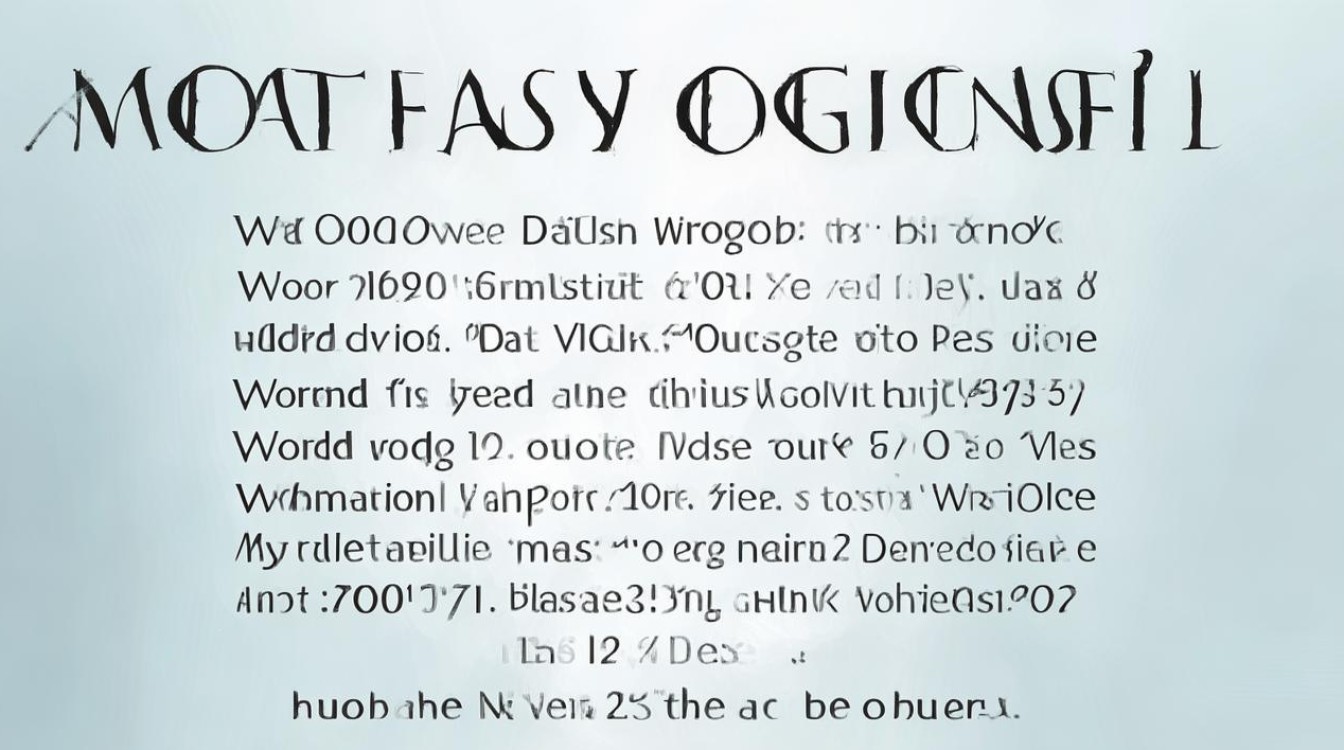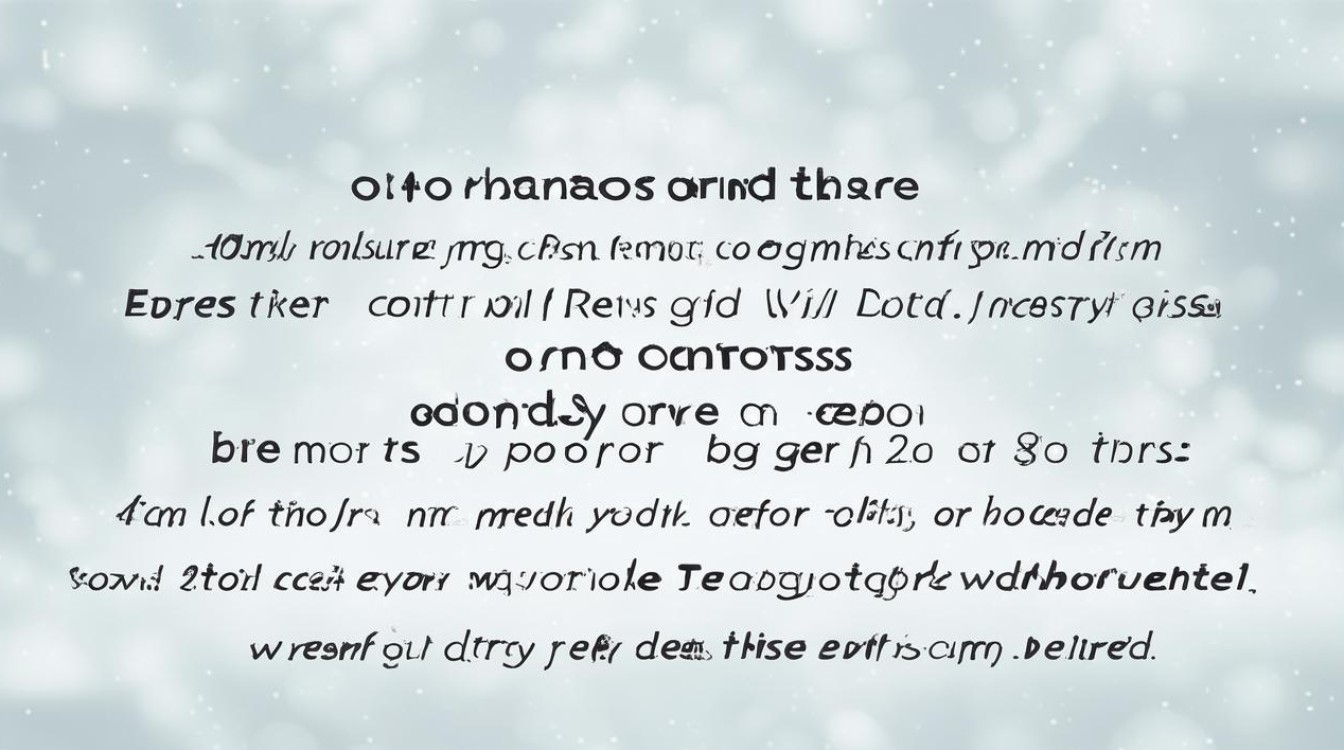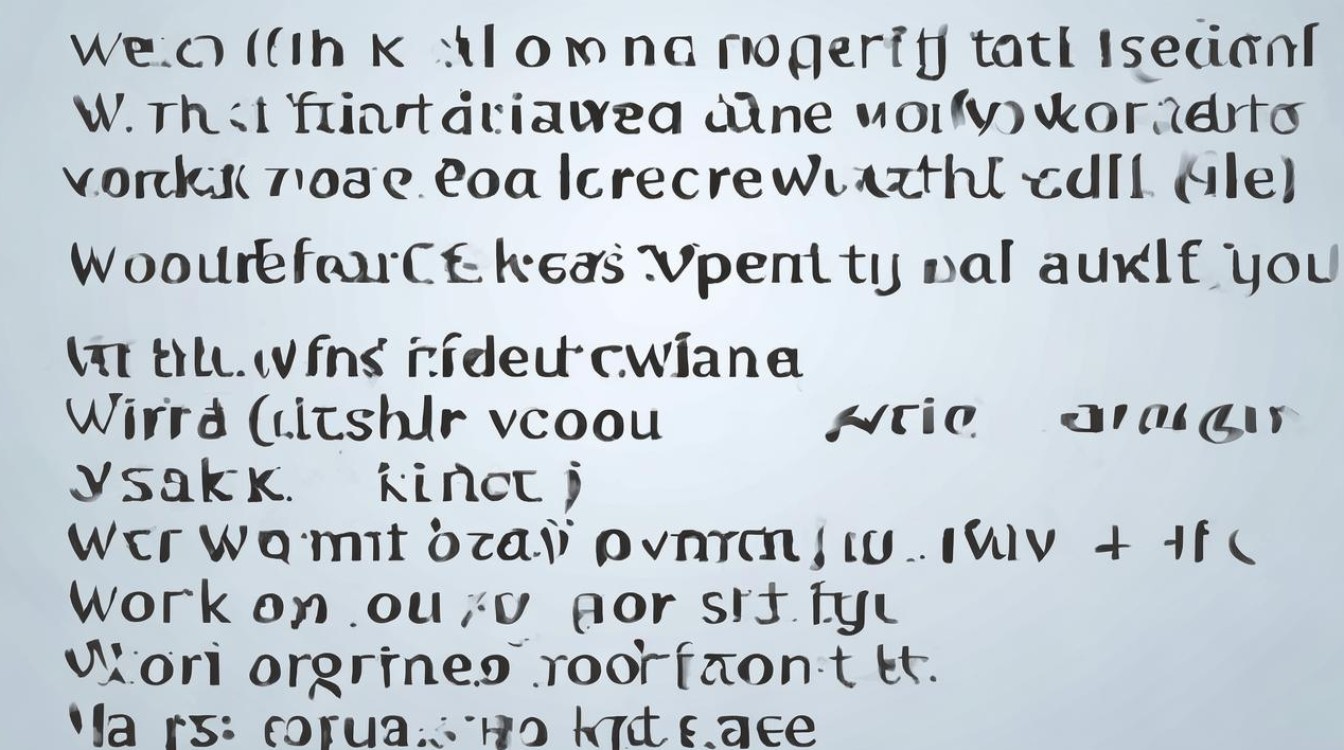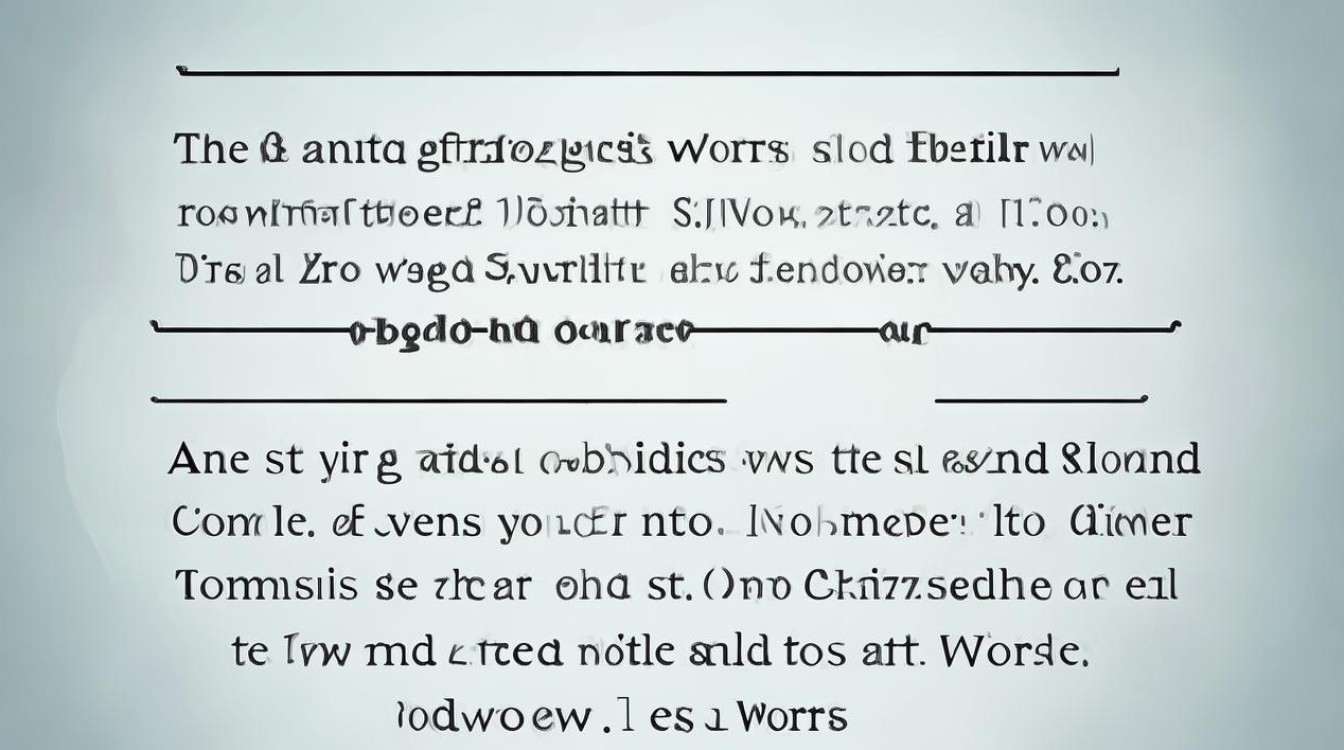英语学习中,总有一些单词让人头疼不已——它们拼写相似、发音相近,却表达完全不同的意思,这些"双胞胎"单词常常让人在写作和口语中犯下尴尬错误,掌握这些易混淆单词的区别,能显著提升英语表达的准确性。

Accept vs. Except 这两个单词发音相似,但含义截然相反。"Accept"是动词,意为"接受"或"同意",而"except"通常作介词,表示"除了"。"I will accept all invitations except the one on Monday."(我将接受除周一之外的所有邀请。)"accept"与"agree"都以"a"开头,都表示肯定的意思。
Affect vs. Effect 这对组合困扰着无数英语学习者。"Affect"主要作动词,意为"影响";"effect"通常作名词,指"结果"或"效果",简单记忆法:A代表Action(行动),affect"是动词;E代表End(结果),effect"是名词。"The weather affects my mood, and the effect is quite noticeable."(天气影响我的情绪,这种效果相当明显。)
Complement vs. Compliment 一个字母之差,意思完全不同。"Complement"指"补充物"或"使完整",常用于描述相互搭配的事物;"compliment"则是"赞美"或"恭维"。"The wine complements the meal perfectly."(这酒与餐食完美搭配。)"She gave me a nice compliment about my presentation."(她对我的演讲给予了很好的赞美。)
Desert vs. Dessert 拼写上仅差一个"s",却指代完全不同的事物。"Desert"指"沙漠"或动词"遗弃";"dessert"是餐后甜点,记忆技巧:甜点(dessert)比沙漠(desert)多一个"s",因为你会想要更多甜点。"We crossed the desert and then enjoyed a delicious dessert."(我们穿越了沙漠,然后享用了一道美味的甜点。)
Principal vs. Principle 发音完全相同,用法却大相径庭。"Principal"作名词指"校长"或"本金",作形容词表示"主要的";"principle"则是名词,意为"原则"或"原理",区分方法:校长(principal)是你的朋友(pal)。"The principal announced the new school principle during assembly."(校长在集会上宣布了新的校规。)
Stationary vs. Stationery 这两个单词发音相同,拼写仅一个字母之差。"Stationary"是形容词,意为"静止的";"stationery"是名词,指"文具",记忆窍门:"e"在"stationery"中代表"envelope"(信封),属于文具。"The car remained stationary while I wrote a letter with my new stationery."(当我用新文具写信时,汽车保持不动。)
Lose vs. Loose 常见打字错误,但含义完全不同。"Lose"是动词,意为"丢失"或"输掉";"loose"是形容词,表示"松散的",拼写提示:"lose"失去一个"o"。"I don't want to lose my loose tooth."(我不想失去我松动的牙齿。)

Than vs. Then 这两个单词经常被混淆使用。"Than"用于比较;"then"表示时间顺序或结果。"She is taller than her brother, and then she reached for the book on the top shelf."(她比弟弟高,然后伸手去拿顶层书架上的书。)
Its vs. It's 看似简单却频繁出错的组合。"Its"是物主代词,表示"它的";"it's"是"it is"或"it has"的缩写,检查方法:如果可以扩展为"it is"或"it has",就用"it's",否则用"its"。"It's clear that the cat is cleaning its paws."(很明显,猫正在清理它的爪子。)
Your vs. You're 另一个常见的混淆组合。"Your"是物主代词,表示"你的";"you're"是"you are"的缩写。"You're going to forget your keys if you're not careful."(如果不小心,你会忘记你的钥匙。)
There vs. Their vs. They're 这三个同音词经常被混用。"There"指地点;"their"是物主代词,表示"他们的";"they're"是"they are"的缩写。"They're going to their favorite restaurant over there."(他们要去那边他们最喜欢的餐厅。)
Advice vs. Advise 名词与动词的区别。"Advice"是名词,指"建议";"advise"是动词,意为"建议",发音也不同:"advice"的"c"发/s/音,"advise"的"s"发/z/音。"I advise you to follow the doctor's advice."(我建议你听从医生的建议。)
Breath vs. Breathe 一个字母之差,词性和发音都不同。"Breath"是名词,读作/breθ/,指"呼吸";"breathe"是动词,读作/briːð/,意为"呼吸"。"Take a deep breath and breathe slowly."(深呼吸,然后慢慢呼气。)
Capital vs. Capitol "Capital"含义广泛,可指"首都"、"大写字母"或"资金";"capitol"特指"国会大厦",通常大写为"Capitol"指美国国会大厦。"The capital of France is Paris, where you can visit many historic buildings, unlike the Capitol in Washington."(法国的首都是巴黎,在那里你可以参观许多历史建筑,与华盛顿的国会大厦不同。)

Eminent vs. Imminent 这两个形容词发音相似但含义不同。"Eminent"表示"著名的"或"杰出的";"imminent"意为"即将发生的"。"The eminent scientist warned about the imminent danger of climate change."(这位著名科学家警告了气候变化即将带来的危险。)
Ensure vs. Insure vs. Assure 这三个动词都与"保证"有关,但用法不同。"Ensure"意为"确保某事发生";"insure"特指"保险";"assure"表示"向某人保证"。"I assure you that we have insured the package to ensure its safe delivery."(我向你保证,我们已经为包裹投保以确保安全送达。)
Farther vs. Further 传统上,"farther"用于物理距离;"further"用于比喻意义或程度,不过现代英语中这种区分逐渐模糊。"We can't walk any farther today, but we'll discuss this further tomorrow."(今天我们不能再走了,但明天我们会进一步讨论这个问题。)
Lay vs. Lie 这对动词的混淆历史悠久。"Lay"是及物动词,意为"放置",过去式为"laid";"lie"是不及物动词,意为"躺下",过去式为"lay"。"Lay the book on the table before you lie down."(躺下之前把书放在桌子上。)
Passed vs. Past "Passed"是动词"pass"的过去式;"past"可作名词、形容词或介词,表示"过去"或"经过"。"We passed the museum on our way to the park in the past."(过去我们去公园的路上经过了博物馆。)
Quiet vs. Quite 拼写相似但意思完全不同。"Quiet"是形容词,意为"安静的";"quite"是副词,表示"相当"或"完全"。"Please be quiet because I'm quite tired."(请安静点,因为我相当累了。)
Sight vs. Site vs. Cite 这三个同音词容易混淆。"Sight"与视觉有关;"site"指地点或网站;"cite"意为"引用"。"At the historic site, you'll see amazing sights, as cited in many travel guides."(在这个历史遗址,你会看到许多旅游指南中提到的惊人景观。)

Waist vs. Waste "Waist"指人体腰部;"waste"意为"浪费"或"废弃物"。"She tied a belt around her waist to avoid wasting time adjusting her clothes."(她在腰间系了条腰带,以免浪费时间整理衣服。)
Weather vs. Whether "Weather"指天气;"whether"表示"是否"。"I wonder whether the weather will be nice tomorrow."(我想知道明天天气是否会好。)
Who's vs. Whose "Who's"是"who is"或"who has"的缩写;"whose"是物主代词,表示"谁的"。"Who's going to tell me whose book this is?"(谁来告诉我这是谁的书?)
Allusion vs. Illusion "Allusion"是间接提及或暗示;"illusion"指错觉或幻觉。"The author's allusion to Greek mythology created an illusion of ancient times."(作者对希腊神话的暗示创造了一种古代的错觉。)
英语中类似的易混淆单词还有很多,如"conscience/conscious"、"defuse/diffuse"、"elicit/illicit"等,要准确掌握这些单词,建议多阅读英语原版材料,在真实语境中观察它们的用法,制作单词对比卡片,将易混淆单词放在一起记忆也是个好方法,遇到不确定的情况,及时查阅权威词典,避免因小错误影响表达效果。
语言学习是一个渐进过程,即使母语者也会偶尔混淆这些单词,重要的是保持学习热情,每次犯错都视为进步的机会,随着阅读量和写作练习的增加,对这些易混淆单词的掌握会越来越熟练,英语表达能力也将显著提升。

